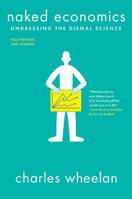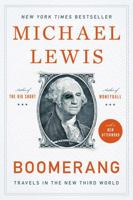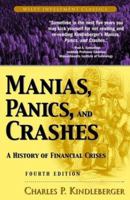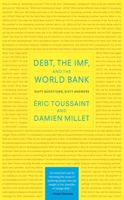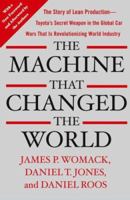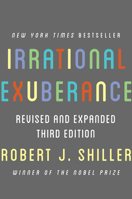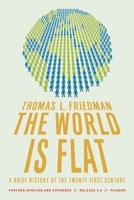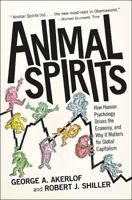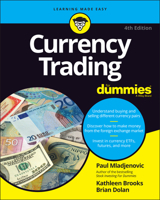I'm Not Afraid!: A Lesson In Overcoming Fear
Select Format
Select Condition 
You Might Also Enjoy
Book Overview
He's not scared of anything... at least not in front of his friends. Can Harry handle hearing spooky stories in the dark?Harry the lizard couldn't be happier with his new buddies. And he's especially excited after they invite him to his very first sleepover. But just when he's having the best time ever, his pals start telling scary tales, and his fun quickly turns to horror.Determined to stay at the party, Harry decides not to tell anyone how frightened he is. But with his imagination running wild, the nervous reptile is panicked he'll have to leave and go home.Can Harry use his martial arts skills to dig deep and conquer his fear of made-up monsters?I'm Not Afraid is the fifth story in the heartwarming The Adventure of Harry & Friends children's picture book series, based on the award-winning Harry & Friends Black Belt Principles Character Education Program. If you or your child like relatable characters, overcoming struggles, and vibrant artwork, then you'll love Sarah Beliza Tucker's entertaining tale.Buy I'm Not Afraid to help Harry last through the night today This description may be from another edition of this product.
Format:Paperback
Language:English
ISBN:0132830310
ISBN13:9780132830317
Release Date:March 2012
Publisher:Addison Wesley Longman
Length:1239 Pages
Weight:3.60 lbs.
Dimensions:1.7" x 7.3" x 8.9"
Customer Reviews
5 customer ratings | 5 reviews
There are currently no reviews. Be the first to review this work.













